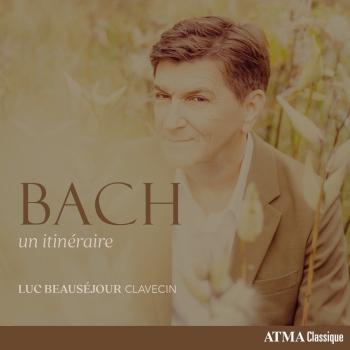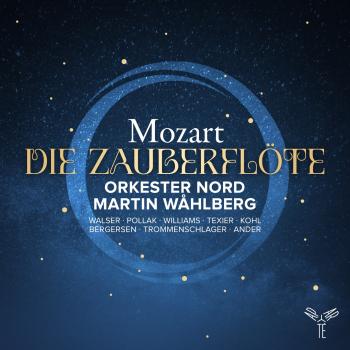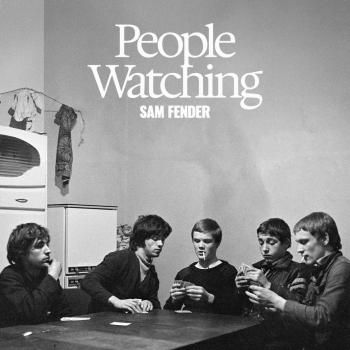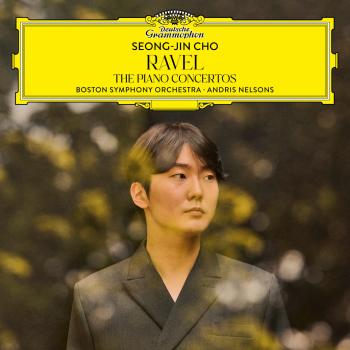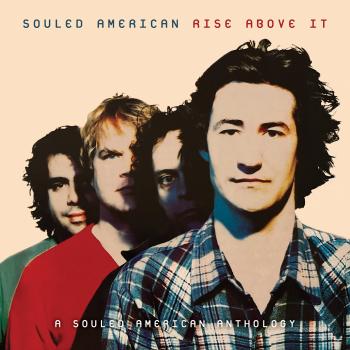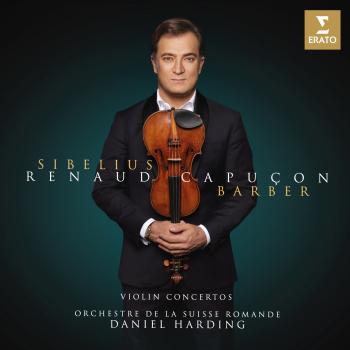
This symphony is a truly bizarre entity. It is rather a symphonic poem than a symphony in the classical sense it is propelled by the spirit of a Hector Berlioz, whose rather crass-tone setting of the Lord Byron poem "Harold in Italy" is lead to the extreme by Tchaikowsky. A further poetry of Lord Byron, his "Manfred," which is in no way inferior to "Harold" in a daring act, served Tchaikowsky as template for his composition of the same name. In his wildest phases, in which the composition is quite close to madness, one is struck by fear about the state of mind of Tchaikovsky. There are no more brutal outbursts of free-flowing emotion in any musical work of the romanticism and the late-romanticism, not even with Gustav Mahler, and certainly not with Robert Schumann, who already took care of the poem "Manfred" before Tchaikovsky. In best Berlioz style, Tchaikovsky in his "Manfred" contrasts wild eruptions with gentle passages - fantastically beautiful, colorfully instrumented melodies. Frustrated by the moderate success of his composition, evolved in just six months under great commitment, when he was working on an opera at the same time, he had a veritable depression, and was about to destroy the notes.
Compared to the six "real" symphonies of Tchaikovsky, "Manfred" is not yet a hit, which is also reflected in a relatively small number of recordings, of which the recording under Toscanini, because of its tightened, intellectually fully penetrated to the full, the abysses of the composition fully savoring interpretation takes up a special position in the Manfred discography, which is so far unrivaled, apart from the today’s recordings stereo-sound which is superior to the mono-sound of the Toscanini production. This also is true for the latest recording with the Czech Philharmonic, one of the very few orchestras who still prefer their own "Bohemian" sound to the otherwise largely globalized orchestral sound. Semyon Bychkov currently presents the second album of a cycle with all the symphonies of Tchaikovsky to be recorded with the Czech elite orchestra together with piano concerts and selected orchestral pieces of Tchaikovsky in Prague’s Rudolfinum. This means that he "Manfred" hits the six "real" symphonies as seventh.
Under Bychkov it becomes clear that "Manfred" is strictly speaking an opera without words full of dramatic events that creates a tremendous tension tugging in the nerves of the listener with strong emotions and whose action – typically opera - sometimes lacks credibility. Only an opera experienced conductor such as Semyon Bychkov can steer the turbulent activity in "Manfred" into channels not ending in chaos. The Czech Philharmonic, who plays for her life, ensures with its splendid idiomatic sounding wind and brass ensemble, which never sounds gross, even at extreme loudness, and whose woodwinds reach their peak at "Manfred", that culinary sound doesn’t come up short. This album is best suited to defy the bad reputation of this Tchaikovsky work. Among the stereo productions, this "Manfred" occupies a leading position in which the Decca recording technology plays no small part.
Czech Philharmonic Orchestra
Semyon Bychkov, conductor

